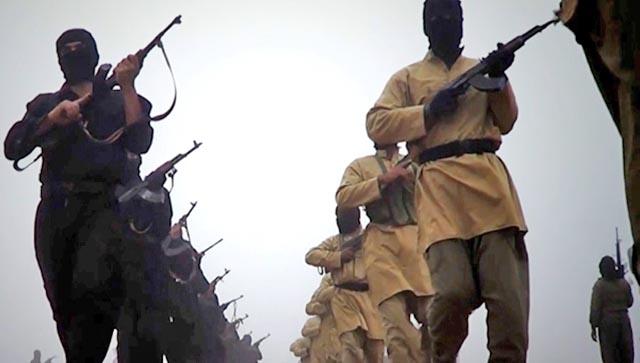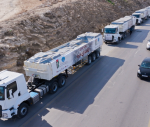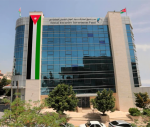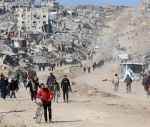You are here
Iraq forces attack militants as 14 bodies found
By AFP - Jan 16,2014 - Last updated at Jan 16,2014

BAGHDAD — Iraqi forces attacked a militant stronghold in crisis-hit Anbar province Thursday, while authorities found 14 bullet-riddled bodies in scenes harkening back to the worst of Iraq’s sectarian war.
The latest unrest, a day after nationwide attacks killed 73 people and gunmen made key territorial gains in Anbar, comes amid fears the country is sliding back into the worst of the brutal Sunni-Shiite conflict which left tens of thousands dead in 2006 and 2007.
UN chief Ban Ki-moon and other diplomats have urged Baghdad to pursue political reconciliation with the disaffected Sunni minority to end the weeks-long standoff in Anbar and the months-long surge in violence, Iraq’s worst since 2008.
But with parliamentary elections looming in April, Prime Minister Nouri Maliki has ruled out dialogue with fighters who control parts of Anbar provincial capital Ramadi and all of Fallujah, which lies on Baghdad’s doorstep.
Early Thursday, around 3,000 security personnel, comprised of units from the elite Golden Brigade linked to Maliki’s office, and the interior ministry’s Rapid Intervention Force, attacked an alleged militant camp in Albubali, an area comprising villages and rural farmland between Ramadi and Fallujah.
They were backed by tanks and aircraft, according to a senior police officer and a policeman.
“The main target is to take control of this area [Albubali],” the officer said.
They also aimed to recover the bodies of eight members of the security forces — four of whom have been missing for several days and have since been confirmed dead, and four others who were killed when a booby-trapped house collapsed on them.
Fighting in Fallujah
Clashes were also reported just west of Fallujah overnight, while mortar rounds in the city killed two people. It was unclear who took part in the clashes, or who was responsible for the shelling.
Fighting initially broke out in the Ramadi area on December 30, when security forces cleared a year-old Sunni Arab protest camp.
It spread to Fallujah, and militants moved in and seized the city and parts of Ramadi after security forces withdrew.
Al Qaeda-linked Islamic State of Iraq and the Levant (ISIL) has been involved in the fighting along with anti-government tribal fighters. The government, meanwhile, has recruited its own tribal allies.
The crisis marks the first time militants have exercised such open control in major cities since the height of the insurgency that followed the US-led invasion of 2003.
But while Iraqi officials have trumpeted security operations, which they say have led to the killing or capture of several militants and the dismantling of training camps and bomb-making sites, the bloodshed has shown no sign of abating.
In the latest instance, the bodies of 14 men, all kidnapped earlier Thursday by men wearing army uniforms, were found shot dead in an orchard north of Baghdad, two security officials said.
The victims, taken from their homes in the predominantly Sunni Arab town of Mishahda, had all suffered gunshots to the head and chest, the officials said.
Among them were at least five members of one family.
At the peak of sectarian fighting in the wake of the 2003 US-led invasion, Sunni and Shiite militias regularly carried out tit-for-tat kidnappings and assassinations and left scores of corpses littering the streets.
At the time, many of the bodies were blindfolded and showed signs of torture.
The authorities have made some concessions aimed at placating the protesters and Sunnis in general, including freeing prisoners and raising the salaries of anti-Al Qaeda Sahwa fighters.
But daily violence has continued, with nearly 600 people killed already this month, according to an AFP tally, including 73 who died on Wednesday.
Diplomats, analysts and rights groups say the government is not doing enough to address Sunni disquiet over what they see as mistreatment at the hands of the Shiite-led authorities.
Related Articles
Sunni gunmen, including fighters linked to Al Qaeda, made gains in the contested Iraqi city of Ramadi Tuesday in a setback for pro-government forces, as attacks killed 10 in the capital.
UN Secretary General Ban Ki-moon urged Iraqi leaders to address the “root causes” of a surge in bloodshed as security forces clashed on Monday with gunmen in violence-racked Anbar province.
Iraq has lost Fallujah to Al Qaeda-linked fighters, a senior security official said on Saturday, putting militants who repeatedly battled American forces for the city back in control.















